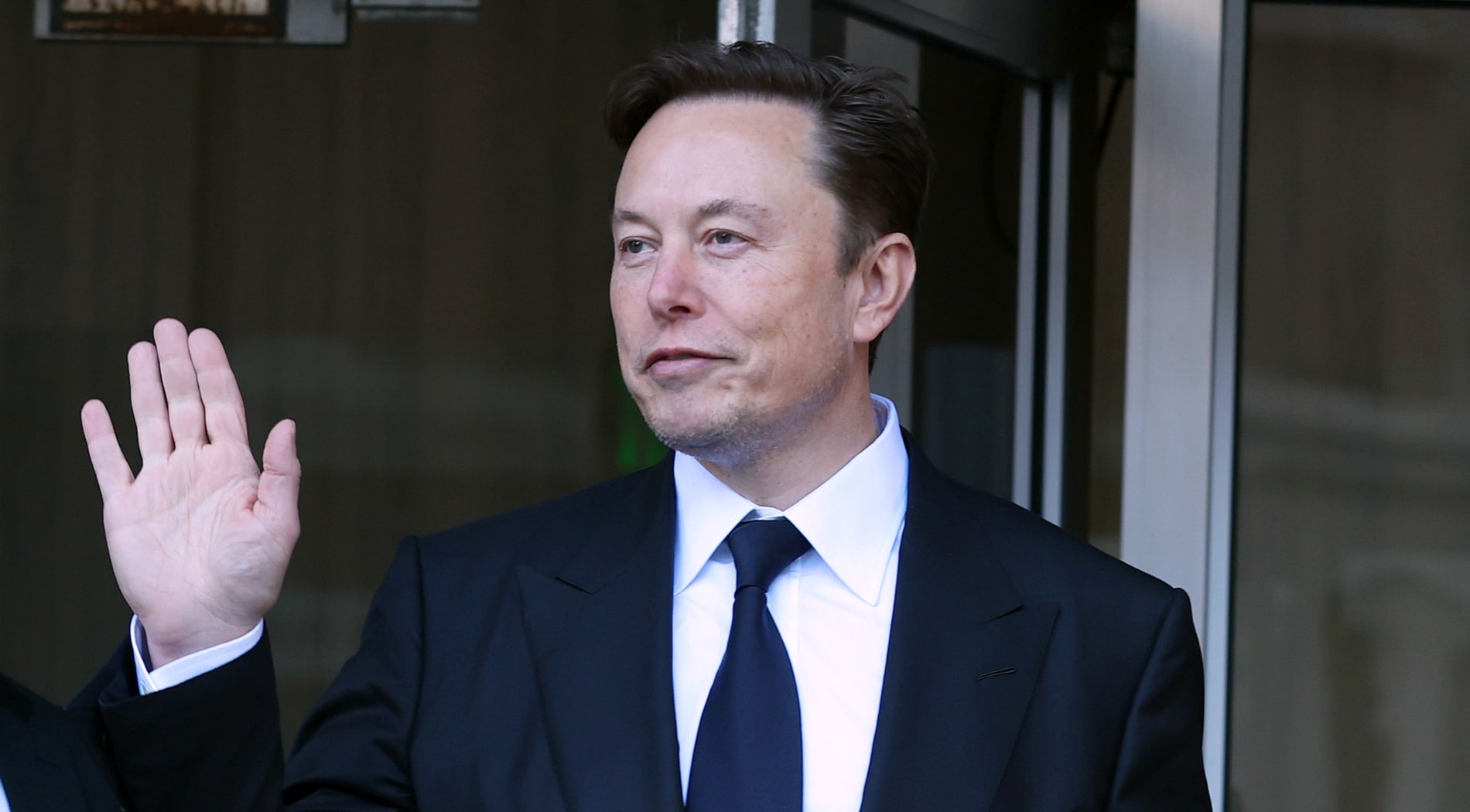OPINION: This article may contain commentary which reflects the author's opinion.
A jury has rendered a verdict in a fraud case involving Elon Musk, where plaintiffs claimed that he cheated them out of money when he tweeted several years ago he was considering taking electric vehicle manufacturer Tesla private.
“I am considering taking Tesla private at $420,” he wrote on Aug. 7, 2018, adding: “Funding secured.”
Am considering taking Tesla private at $420. Funding secured.
— Elon Musk (@elonmusk) August 7, 2018
But a federal jury in San Francisco on Friday cleared Musk of the allegations that he should have to pay plaintiffs billions of dollars in damages.
Reports noted that Musk attended the trial and was even called to the witness stand at one point, where he told the court that he had made a handshake agreement at the time with Saudi Arabia’s Public Investment Fund to take Tesla private. He went on to say that the Saudis eventually backed out of the arrangement.
“I had no ill motive,” Musk said, according to the Daily Wire. “My intent was to do the right thing for all shareholders.”
University of Michigan Law School Prof. Adam Pritchard complained that Musk’s case will not likely become a precedent that alters how other CEOs exercise their free speech rights online.
“Nobody does this — only Elon does this,” Pritchard said while railing against Musk’s online speech, the outlet noted. “He’s incorrigible. I don’t think his behavior can be reformed. There’s just too long of a track record of too much mischief.”
Musk tweeted his appreciation for the jury’s decision afterward. “Thank goodness, the wisdom of the people has prevailed! I am deeply appreciative of the jury’s unanimous finding of innocence in the Tesla 420 take-private case,” he wrote.
Thank goodness, the wisdom of the people has prevailed!
I am deeply appreciative of the jury’s unanimous finding of innocence in the Tesla 420 take-private case.
— Elon Musk (@elonmusk) February 3, 2023
The outlet noted further:
Musk has taken a public company private before. When the billionaire purchased Twitter in late 2022, he took the company private, removing it from the stock exchange. Erik Gordon, Professor of Business at the University of Michigan, noted in a piece for The Conversation that public companies don’t frequently go private, but it does happen.
Some benefits of going private — from the standpoint of someone like Musk — might be that Twitter would no longer have to file reports with the Securities and Exchange Commission (SEC), and would have “few shareholders — sometimes just one,” among other pluses.
Tom Fitton, president of the government watchdog group Judicial Watch, congratulated Musk and explained what he believes the real issue was regarding Musk’s case.
“Congratulations, @ElonMusk. This latest “shareholder” action against you, for those who don’t follow this issue, is part of a predatory practice by plaintiff’s lawyers who make a nice living suing corporations and owners every time a stock moves in price,” he wrote.
Earlier in the week, Musk made an unannounced visit to Capitol Hill last week which became notable not for who he met with but, rather, for who he didn’t.
According to Politico, the Twitter boss made the rounds with several Republican leaders but did not take the time to meet with any Democrats, which apparently ruffled some feathers. The outlet noted: “Elon Musk’s whirlwind Washington trip left off Democrats from his calling card, but the minority party still wants to hear from him.
“Elon Musk’s unannounced, whirlwind tour of Capitol Hill last week had a number of high-profile stops: A happy birthday visit to House Speaker Kevin McCarthy and a sit-down with GOP firebrand Rep. Jim Jordan, among others,” the report continued. “He even met with White House officials to talk about electric cars. One thing it didn’t include: Congressional Democrats. In Congress, all his scheduled meetings were with Republicans. An encounter with Rep. Hakeem Jeffries — the House minority leader — that he touted in a tweet, was actually an unscheduled run-in, according to Jeffries’ office.”
Just met with @SpeakerMcCarthy & @RepJeffries to discuss ensuring that this platform is fair to both parties
— Elon Musk (@elonmusk) January 26, 2023
A Jeffries aide dismissed there was any kind of scheduled meeting among McCarthy, Jeffries and Musk.
It was a run-in after a different meeting. https://t.co/wnRQGwt112
— Sarah Ferris (@sarahnferris) January 27, 2023
The shunning of Democrats comes after leftists attacked Musk for his “free speech” changes to the platform and after months of indicating he was leaning more towards Republicans and would vote that way during the November midterms.
“Twitter didn’t reply when asked why Musk didn’t schedule meetings with the minority party in the House,” Politico reported.
Nevertheless, the outlet continued, Democrats “still want to hear” from Musk, “even as they don’t put much faith in their Republican colleagues to hold him accountable.”
